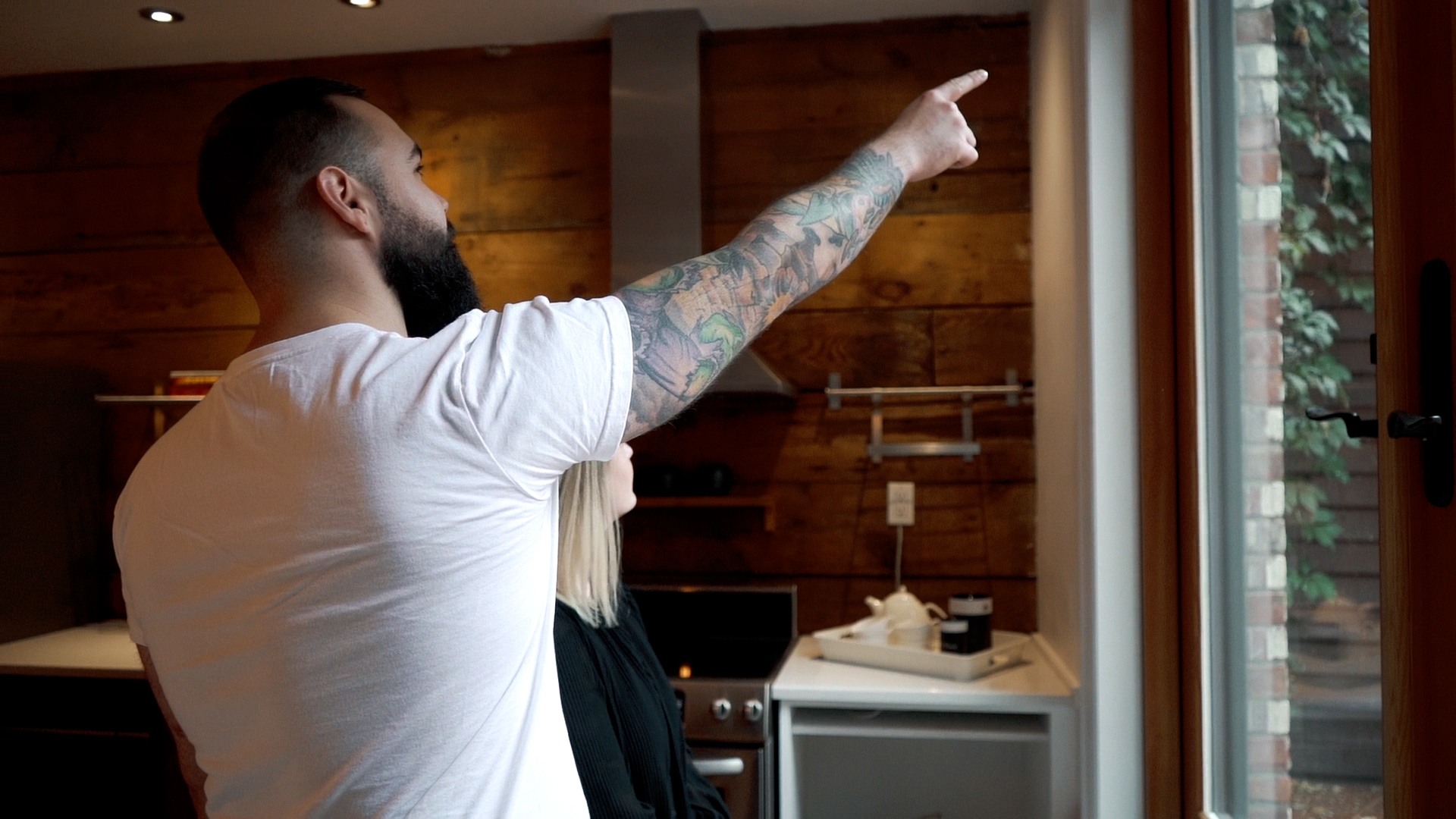Owning an income property: Tips and dates to remember
10 Mar 2021
You’re the new owner of an income property and you have a ton of questions. We have answers for you!
Let's start with the important dates to remember, and then we'll look at some concrete examples.
Repossession of a dwelling
If the lease you signed with your tenant ends on June 30, you have until December 31 (6 months before the end of the lease) to inform your tenant in writing of your wish to take over the dwelling for:
- yourself;
- a member of your immediate family (children, father or mother);
- a spouse from whom you are separated or divorced or another parent for whom you are the main bread-winner.
However, you cannot repossess the dwelling if the tenant meets all of the following conditions:
- they are 70 years of age or over;
- they have been living in the home for at least 10 years;
- their income is equal to or less than the maximum income for low-rental housing.
Download the form Notice of repossession >>
RL-31 slip (Relevé 31)
Was the dwelling occupied on December 31 and the rent was paid? You must produce the RL-31 slip (Relevé 31) and send it to your tenant and to Revenu Québec. You can do this online as of December 1 and before February 28, 2021.
What is it for?
The RL-31 slip is used to report information on the occupation of a dwelling as of December 31 of the year in question. By producing this declaration, you are providing your tenants or subtenants with the information they will need to claim the solidarity tax credit when filing their income tax returns. Even if they are not eligible, you must still file this statement.
Your tenant left in October?
If your dwelling is vacant on December 31, you do not have to produce this statement for your former tenant. It’s up to their new landlord to do so.
Download Revenu Québec’s guide >>
Lease renewal and rent increase
Generally, a residential lease automatically renews under the same conditions. But if you want to make changes, such as increasing the rent, you must notify your tenant in writing within a specific time frame.
| Duration of the lease | Deadline to give notice |
| 12 months or more | 3 to 6 months before the end of the lease |
| Less than 12 months | 1 to 2 months before the end of the lease |
| Unspecified duration | 1 to 2 months before the requested modification |
The rent increase must be in accordance with the law. And contrary to popular belief, there is no fixed rate for rent increases. The Régie du logement website provides a calculation form that allows you to assess the acceptable increase for each lease by entering the required data.
Download the form Notice of Rent Increase and Modification of Another Condition of the Lease >>
To download other models of notices, click here >>
Can you refuse to rent a dwelling under certain circumstances?
Landlords are free to rent their homes to whomever they want, as long as they do not refuse a tenant on discriminatory grounds.
In principle, they have the right to refuse to rent a dwelling to a person who:
- has a criminal record;
- has failed in their obligations as a tenant in the past;
- is unable to pay the rent.
But be careful: It's the tenant's ability to pay that counts. Just because the tenant is unemployed or receiving social assistance does not mean that they will not be able to pay their rent.
Source: Éducaloi
Can your tenant break their lease?
Contrary to popular belief, a tenant cannot “break their lease” with 3 months’ notice at any time during the lease and for any reason.
In fact, only four specific situations allow the current lease to be terminated:
- a tenant is allocated low-rental housing;
- a tenant can no longer occupy the dwelling due to a disability;
- an elderly person is permanently admitted to a residence such as a nursing home or a CHSLD;
- the tenant's safety or that of their children is threatened by a violent situation.
Other reasons like buying a house, getting a divorce, disagreements between roommates, forming a new household, needing more space, financial problems, moving for a job, etc., do not allow the tenant to force the landlord to terminate the lease.
Your tenant has three options:
- They can try to come to an agreement with you on the termination of the lease, preferably in writing;
- They can assign their lease, which means that they do not intend to return to live in the dwelling and therefore waive their rights;
- They can sublet their dwelling to another person on a temporary basis, and thus retain their rights as a tenant, if they ever wish to return to live there.
Some exceptions apply. For more information, you can visit the Tribunal administratif du logement website.
Need help?
Would you like to discuss it with us or do you need help on how to proceed?
Feel free to call us at 514 388-9333 or write to us. We’ll explain everything.

By Celina Machado, Marketing Director and Residential Real Estate Broker, Martin Dumont Real Estate Team
Last update March 2021
